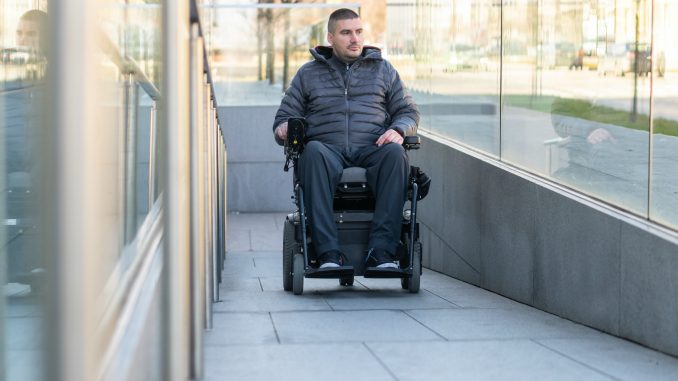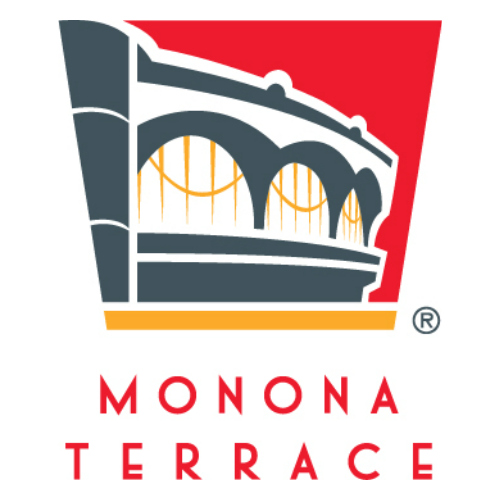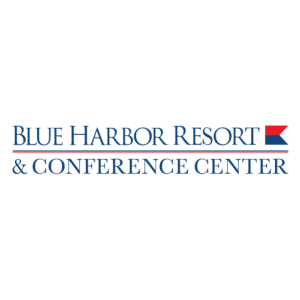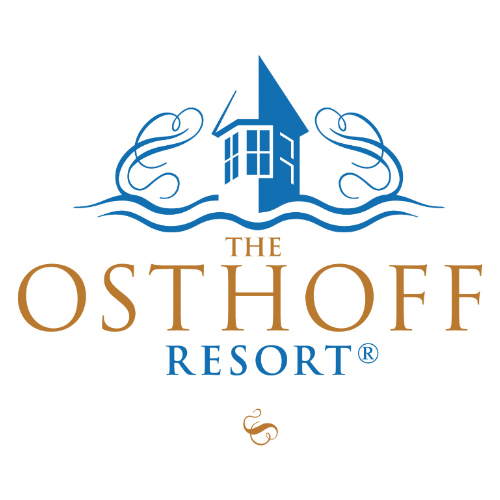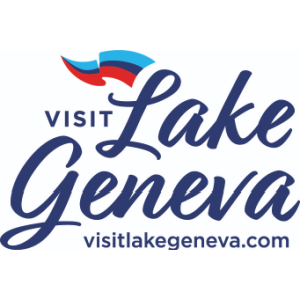How Meeting and Event Planners Accidentally Alienate Parts of their Audience
09/19/2019
By Carrie Mantey
To ensure your event or meeting works for everyone, you need to anticipate the needs of all participants. This may sound like a daunting task, but if you gather some critical data during the registration and/or RSVP process — such as whether and what accommodations might be needed— it could make all the difference in the world to some of your attendees.
Many planners don’t discover they haven’t thought of everything until after the event wraps up and surveys are turned in with complaints. Many of these complaints could have been prevented if the event or meeting was looked at through the lens of someone that has trouble with mobility, vision, hearing, language, learning and more.
It’s all about access. If you provide the perfect content, venue, and food and beverage for your event, but not everyone can access it, then you haven’t done your job. While many traditional event and meeting venues have escalators, elevators, ramps and other mobility-related accommodations, some of the more avant-garde venues that are gaining popularity for their experiential feel may be lacking.
In addition, event planners need to think about all accommodations — not just getting around the venue — in this manner because there are other concerns beyond mobility, like blindness, deafness, learning disabilities and more. Did you book a wheelchair-friendly hotel and transportation provider? Is there parking available for those with disabilities? Can a wheelchair or scooter easily navigate around the myriad tables and chairs in the banquet hall? If there’s a buffet, is extra help on hand for those who are blind, or using their hands to communicate or operate a wheelchair? Is text being presented large enough for low-vision attendees?
Use the following checklist to poll your audience for their needs to ensure you’re offering the appropriate services so everyone can enjoy your event:
- Wheelchair and walker access.
- Allergen- and gluten-free, vegan and vegetarian food options.
- Interpreters and/or sign language specialists.
- Braille and/or large-print text.
- Assistive listening devices.
- Reserved front row seats.
- Advance copies of slides to be projected.
- Scent-free rooms.
- Lactation rooms.
- Gender neutral bathrooms.
- Access and space for service animals.
Forethought is key here. Unarguably, today’s event and meeting planners are more sensitive to the needs of their attendees than those of the past, but are you doing enough?

